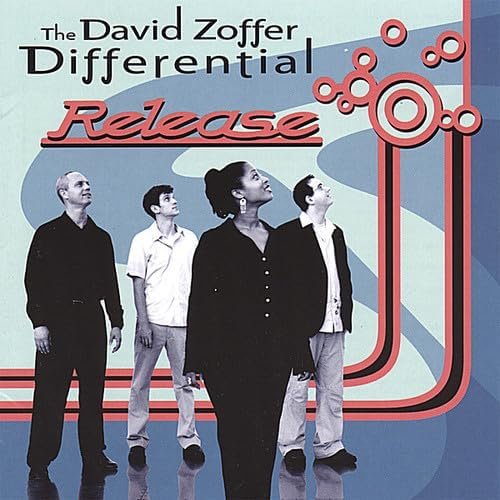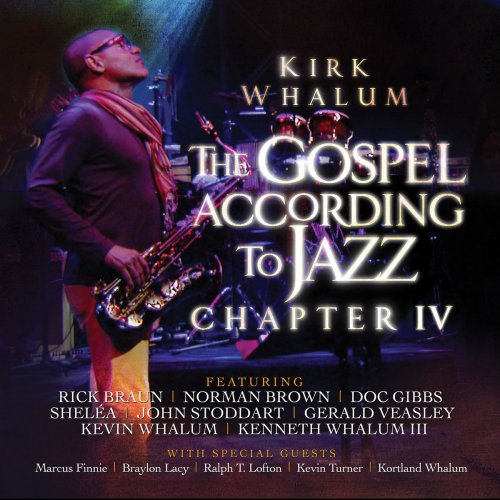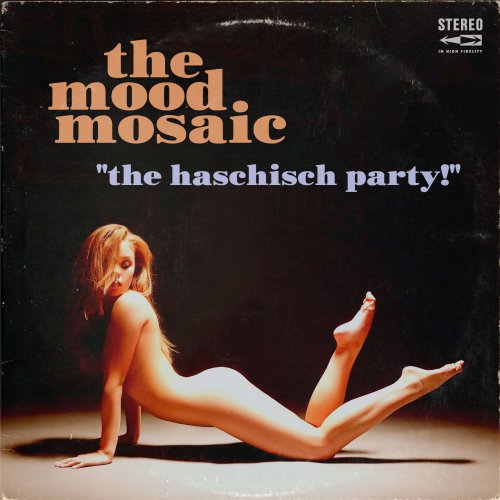Pacifica Quartet - The Soviet Experience, Vol. 3: Shostakovich: Quartets Nos. 9-12, Weinberg: Quartet No. 6 (2013) CD-Rip
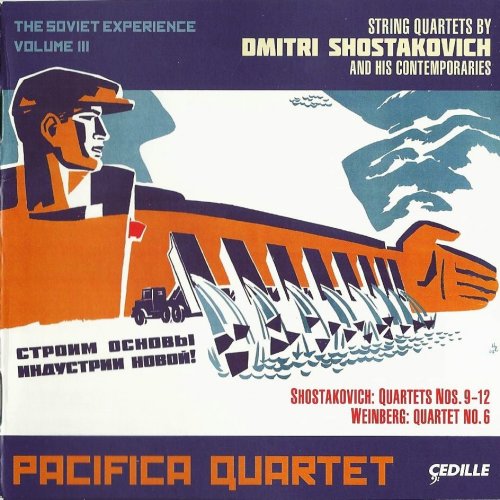
Artist: Pacifica Quartet
Title: Shostakovich: Quartets Nos. 9-12, Weinberg: Quartet No. 6
Year Of Release: 2013
Label: Cedille Records
Genre: Classical
Quality: FLAC (image+.cue,log,scans)
Total Time: 02:08:32
Total Size: 623 Mb
WebSite: Album Preview
Tracklist: Title: Shostakovich: Quartets Nos. 9-12, Weinberg: Quartet No. 6
Year Of Release: 2013
Label: Cedille Records
Genre: Classical
Quality: FLAC (image+.cue,log,scans)
Total Time: 02:08:32
Total Size: 623 Mb
WebSite: Album Preview
CD 1:
Dmitri Shostakovich (1906–1975)
String Quartet No. 9 in E-flat major, Op. 117
01. Moderato con moto (4:47)
02. Adagio (5:06)
03. Allegretto (3:59)
04. Adagio (3:42)
05. Allegro (9:48)
String Quartet No. 10 in A-flat major, Op. 119
06. Andante (4:34)
07. Allegretto furioso (4:07)
08. Adagio (6:26)
09. Allegretto (9:41)
String Quartet No. 11 in F minor, Op. 122
10. Introduction-Andantino (2:28)
11. Scherzo (2:41)
12. Adagio (6:26)
13. Etude-Allegro (1:18)
14. Humoresque-Allegro (1:04)
15. Elegy-Adagio (5:05)
16. Finale-Moderato (3:41)
CD 2:
Dmitri Shostakovich (1906–1975)
String Quartet No. 12 in D-flat major, Op. 133
1. Moderato (6:44)
2. Allegretto (19:24)
Mieczyslaw Weinberg (1919-1996)
String Quartet No. 6 in E minor, op. 35
3. Allegro semplice (8:25)
4. Presto agitato (2:30)
5. Allegro con fuoco (1:41)
6. Adagio (7:19)
7. Moderato comodo (5:15)
8. Andante maestoso (6:43)
Performers:
Pacifica Quartet
The Pacifica Quartet's cycle of Shostakovich's string quartets, joined with several by Mieczyslaw Weinberg under the rubric "The Soviet Experience," has rightly earned wide acclaim for the group's combination of technical expertise and rich emotional palette. The middle to late Shostakovich quartets heard here were composed in the 1960s, when in the West any suggestion that music was rooted in personal "experience" was met with high academic disdain. But time has proven Shostakovich's experiences to have resonances beyond his own situation and place. These quartets contain such powerful themes as the furious assertion of artistic tradition as a refuge from the hostile impositions of a heartless wider culture (one way to look at the giant fugue at the end of the String Quartet No. 9 in E flat major, Op. 117) and the fragmentation of the personality in the face of the imposition of the state in the six-movement, curiously tentative String Quartet No. 11 in F minor, Op. 122. Although they have key designations, the Shostakovich quartets here show the composer's experimentation with thematic material containing all 12 tones of the chromatic scale, reflecting the dominance of serialism in Western circles at the time. Shostakovich's own adoption of the idea was characteristically personal and not at all doctrinaire. If there's a complaint here it's that the quartet by Weinberg is among his most Shostakovich-like, and suffers by comparison. But the Pacifica's cycle continues to offer readings that are near-definitive among non-Russian versions.
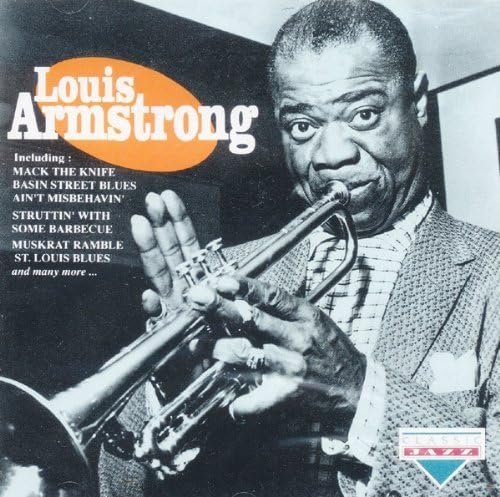

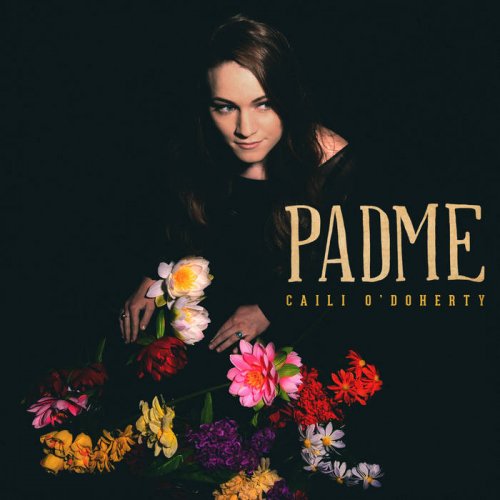
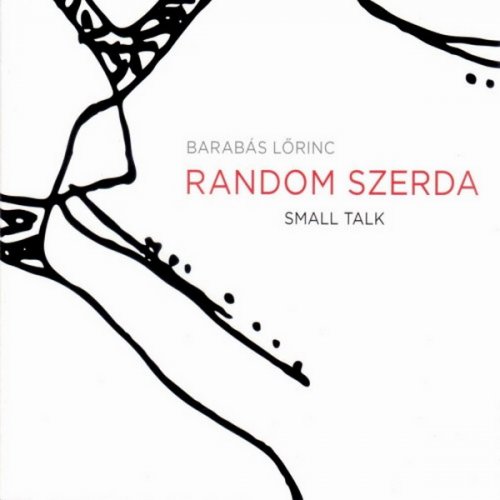
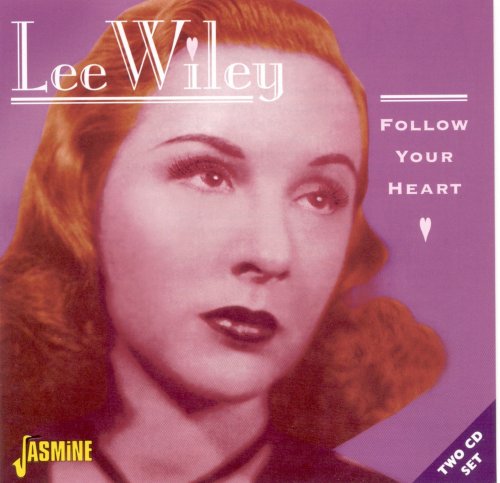
![Iman Spaargaren & Peter Bjørnild - In Essence (2025) [DSD256] Iman Spaargaren & Peter Bjørnild - In Essence (2025) [DSD256]](https://www.dibpic.com/uploads/posts/2025-12/1766381912_cover.jpg)
